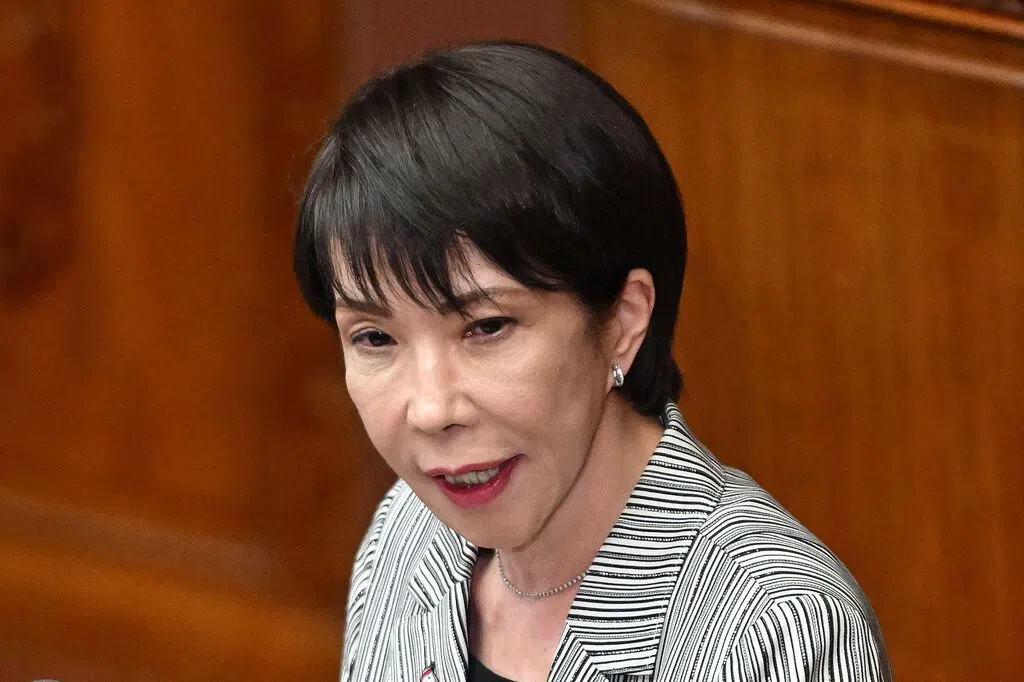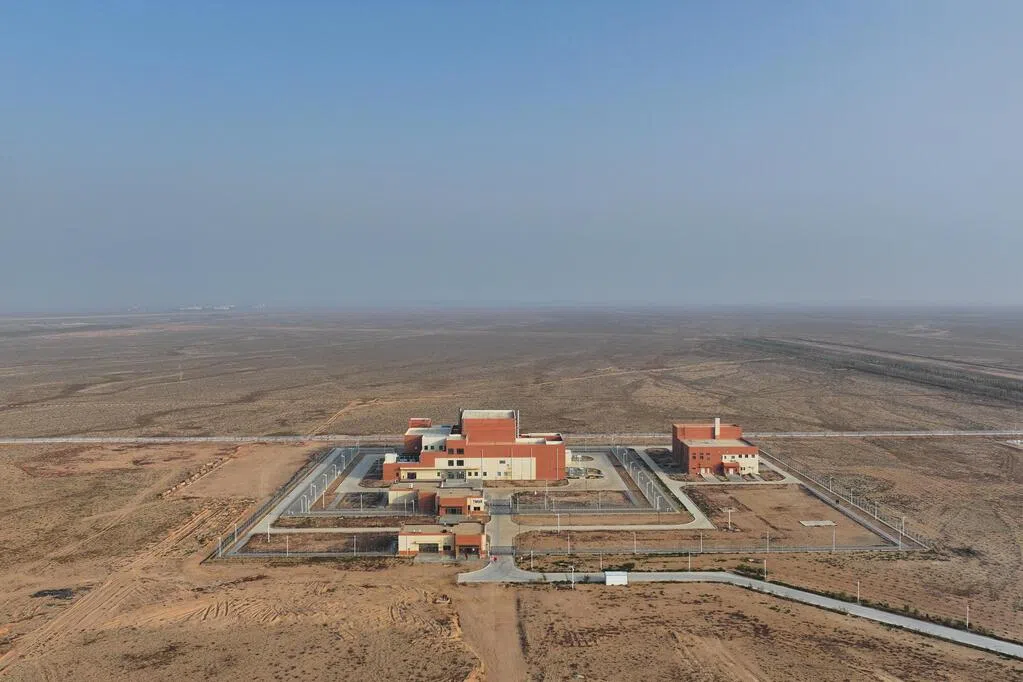Japanese Prime Minister Sanae Takaichi's remarks on Taiwan have sparked controversy domestically. Some believe she was trying to emulate Abe's policies but went too far. Others argue it was a natural defense and even served as a deterrent.
The Mainichi Shimbun, in a commentary titled "Crossing the Line," stated that Takaichi's remarks were primarily intended to continue Abe's "if Taiwan is in trouble, Japan is in trouble" approach, but her comments left more room for interpretation than Abe's glossed-over.
The commentary noted that during his tenure, Abe envisioned a potential "war zone" for Yonaguni and Sakishima Islands should a state of emergency break out in Taiwan, and had behind-the-scenes discussions about "armed attack scenarios" where Japan might be directly attacked. Reportedly, at a National Security Council meeting in 2018, it was stated that "if a conflict breaks out between mainland China and Taiwan, its impact will be significant, potentially escalating into an armed attack scenario."
After leaving office, Abe stated that "a state of emergency in Taiwan is a state of emergency for Japan," warning against China's continued coercive actions towards Taiwan. At the time, the incumbent Kishida administration denied this claim, stating it was merely the personal opinion of the former prime minister (Abe).
A senior LDP official believed that Takaichi's remarks implied she not only intended to succeed Abe but also to "strengthen" Abe's Taiwan policy. However, concerns also arose within the LDP regarding Takaichi's comments, noting that "Abe has strong feelings for Taiwan, but he won't feel that way before leaving office. Making such remarks while in office could trigger a diplomatic dispute with China."
Further Reading


The *Tokyo Shimbun*, in its editorial, condemned Takashi's remarks as rash, arguing that they appeared to challenge China and demonstrated a lack of understanding of the gravity of a prime minister's statements.
However, there were also comments praising Takashi in Japan. For example, an article by Kiyofumi Iwata, former Chief of Staff of the Ground Self-Defense Force, published by the Japan National Institute of Research, received praise from several conservative figures.
Iwata believed that Takashi's response to the "existential threat" had a deterrent effect, such as her statement that "if it involves the use of warships, it is easily seen as an existential threat."
He argued that Takashi's remarks specifically listed a scenario that could be considered a threat to Japan's survival, emphasizing Japan's willingness to defend its security. China's subsequent unusually strong stance itself proved that the deterrent was working. Takashi's natural expression was entirely within the scope of the Peace and Security Law.
He also believed that Takashi's remarks served as a reminder: "Her unusually specific response reminds us that the Chinese military has conducted similar live-fire exercises multiple times, making the possibility of an emergency in Taiwan higher than ever before."



